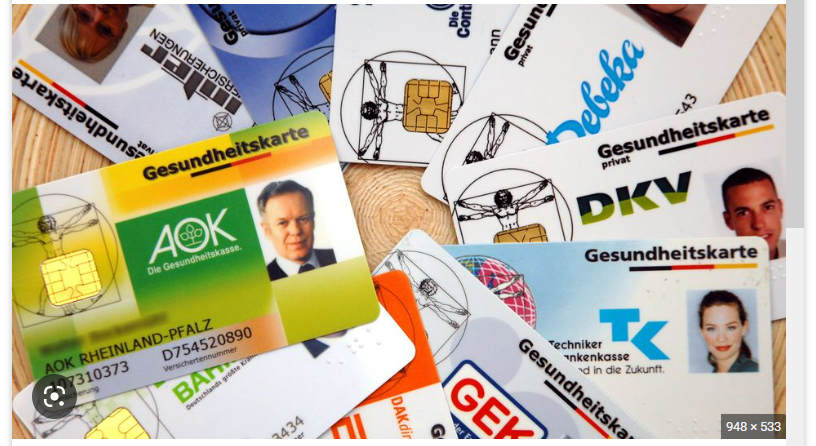Emergencies can strike unexpectedly, and being prepared can make all the difference. Recently, the Bundesamt für Bevölkerungsschutz und Katastrophenhilfe (BBK) issued a warning, highlighting the importance of emergency preparedness in Germany. This guide will help you understand how to prepare for emergencies in Germany with practical tips, a detailed checklist, and essential links.
Why Preparing for Emergencies in Germany is Important
Even in a well-organized country like Germany, events such as severe storms, flooding, or power outages can disrupt daily life. The BBK recommends every household to be self-sufficient for at least 10 days to ensure safety and survival during such situations.

Emergency Checklist: What Every Adult Should Stock
The BBK provides clear recommendations on what items to stockpile for emergencies in Germany. Here’s a detailed checklist to help you prepare:
Food Supplies (per adult)
- Drinking water: 20 liters
- Grain products (e.g., bread, pasta): 3.5 kg
- Vegetables and legumes: 4 kg (canned or dried)
- Fruits and nuts: 2.5 kg (canned, dried, or fresh if possible)
- Milk and dairy products: 2.6 kg (long-life milk, powdered milk)
- Fish, meat, eggs, or alternatives: 1.5 kg (canned fish, dried sausages, or vegetarian options)
- Fats and oils: 0.5 kg (vegetable oil, butter, or margarine)
- Other staples: Sugar (0.5 kg), salt, tea, or coffee
Medical and Hygiene Supplies
- First aid kit
- Prescription medications (if needed)
- Over-the-counter painkillers
- Disinfectant and hand sanitizer
- Soap and personal hygiene products (toothbrush, toothpaste, etc.)
- Feminine hygiene products
- Toilet paper (4 rolls per person for 10 days)
Emergency Equipment
- Flashlight and extra batteries
- Candles and matches/lighters
- Battery-powered or crank radio
- Power bank (fully charged)
- Multi-tool or pocket knife
- Blankets and warm clothing
Documents and Communication
- Copies of important documents (ID, insurance papers, medical records) stored in a waterproof folder
- Contact list of family, friends, and emergency numbers
- Prepaid phone card or spare SIM
Additional Essentials
- Trash bags and sealable plastic bags
- Duct tape and scissors
- Cash in small denominations
- Fire extinguisher
Special Considerations for Families
- Babies and toddlers: Baby food, diapers, wipes, and formula.
- Pets: Sufficient food, water, and medication for your pets.
- Elderly or disabled: Additional medical supplies or equipment.
How to Stay Informed During Emergencies in Germany
- Katwarn and NINA apps: Download these official apps for real-time updates and emergency alerts.
- BBK website: Access the latest guidelines and recommendations at BBK Emergency Preparedness.
- Local radio stations: Keep a battery-powered radio for regional news during power outages.
Tips for Effective Emergency Preparedness
- Rotate Supplies: Check expiry dates regularly and consume older items first.
- Store Properly: Keep food and water in a cool, dark place.
- Plan Meals: Stock items your family usually eats to reduce waste.
- Practice Cooking Without Electricity: Learn to use camping stoves or grills safely.
Conclusion
Preparing for emergencies in Germany is about ensuring peace of mind. By following the BBK’s recommendations and customizing your emergency kit to suit your household’s needs, you can handle unexpected situations with confidence. Start your preparation today by downloading the NINA app, reviewing this checklist, and building your stockpile.
For further details, visit the BBK’s official website or access their preparedness guide here.
Need more information about Germany? Check here!




